There is a famous maxim in popular thought often attributed to American novelist Mark Twain; it states that one who doesn’t read has no advantage over one who can’t. Truly, ever since Johannes Gutenberg invented the printing press in the 15th century, the printed word has been the almost universal medium of the people. Inside every book, no matter how thin, low-brow, or unpopular, lies an expression of the intellectual triumphs of the human race, even if it serves to prove that the human race has persisted despite whatever nonsense is printed. More specifically, to censor books based on political outrage is to limit knowledge, empathy, and understanding, even if said understanding is that what is printed is contrary to the values of moral decency. Free access to information is crucial to the study of science, history, religion, philosophy, and people.
Anyone who is familiar with the political discourse of this past year is familiar with the almost hysteric culture war raging within American society. The debate in regards to potentially inappropriate content in public schools is not a new one, but it is one that has gained great steam in recent months. A rational argument could be made that, much like how Night and To Kill a Mockingbird aren’t taught in kindergarten, an elementary schooler would not understand a book like Gender Queer, Flamer, or Lawn Boy.
However, it is intellectually dishonest to say that books such as the aforementioned are “pornography.” Is anything that depicts sexual content of any sort “pornography?” Of course not! No rational person is using such a descriptor to describe texts like Dracula, Ulysses, Romeo and Juliet, The Catcher in the Rye (also an often-banned book,) and Gone With the Wind, which all feature sexual scenes or references. To use the loaded word “pornography” is to betray a certain bias; what is pornographic is up to political interpretation. Furthermore, said controversial books are also being pulled from high school libraries. While it is understandable why Of Mice and Men, for instance, would not be readily available in an elementary school, is it not reasonable to assume that a high schooler is mature enough to read a mature book like Gender Queer without combusting? Why must a population that is largely able to drive be subject to the same rules as a child just learning their multiplication tables?
Contrary to what political pundits may say, the books removed from Florida schools did not simply consist of potentially age-inappropriate sexual topics in elementary schools. A graphic novel about the life of Anne Frank was banned in a high school in Indian River County. Fight Club, Flowers For Algernon, The Absolutely True Diary of a Part-Time Indian, The Handmaid’s Tale, and The Perks of Being a Wallflower, all popular modern novels appropriate for a high school demographic, were all banned in Clay County. How does the restriction of freedom of information benefit the learning of high school students? It must be said that attempts to regulate which types of information students are allowed to access are incredibly ironic in an educational setting. The goal of many of these erroneous policies is not to protect the eyes and ears of children, but to protect their minds from critical thinking. Access to education increases the likelihood of unauthorized ideas— and, as we all know, to question popular dogma is to commit an unforgivable act of treason against the American status quo.
The oft-quoted Ray Bradbury’s famous adage states, “You don’t have to burn books to destroy a culture. Just get people to stop reading them.” Perhaps in the modern era, it would be more apt to say that one just needs to demonize the act of reading and learning to destroy a culture. Book-burning is too outwardly authoritarian; no, they must make anti-intellectualism either patriotic or progressive— clearly, both corporate parties, two wings on the same bird, have a stake in the advent of censorship. Contrary to what some may believe, authoritarianism will not come to America bearing a Soviet hammer-and-sickle, but in red-white-and-blue and holding the Constitution.


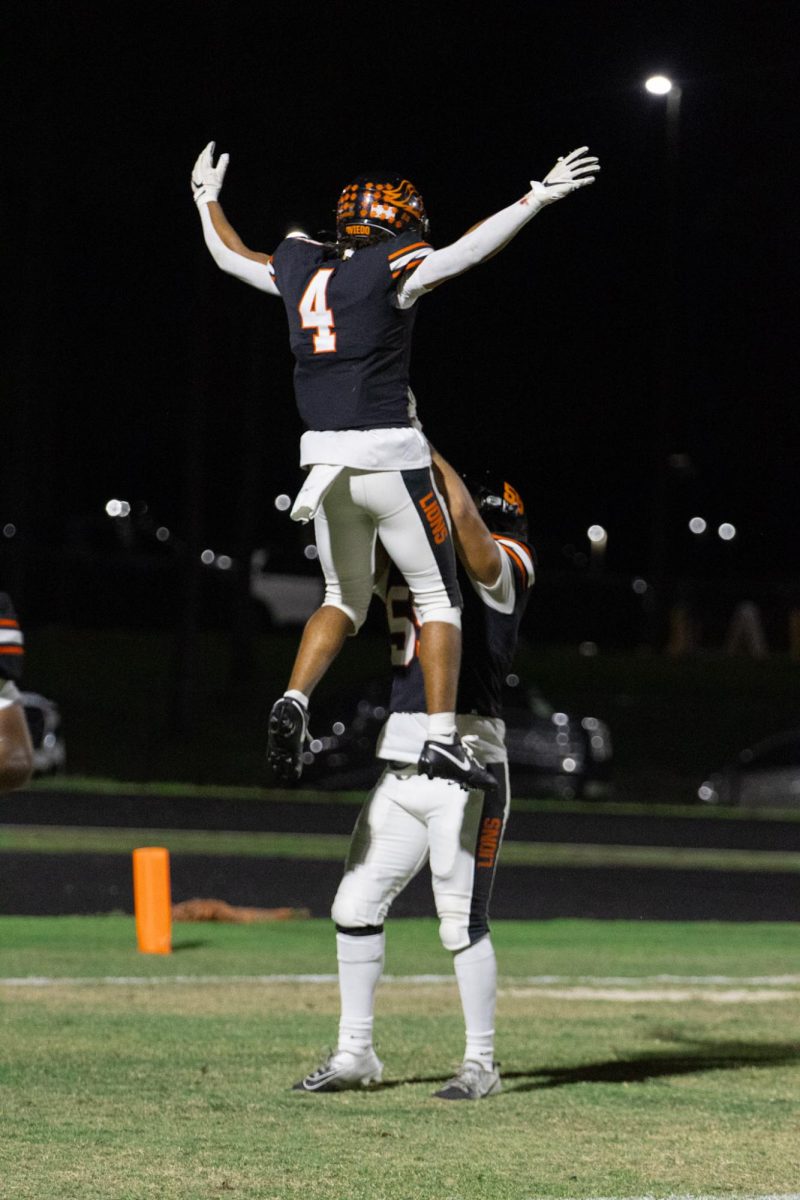




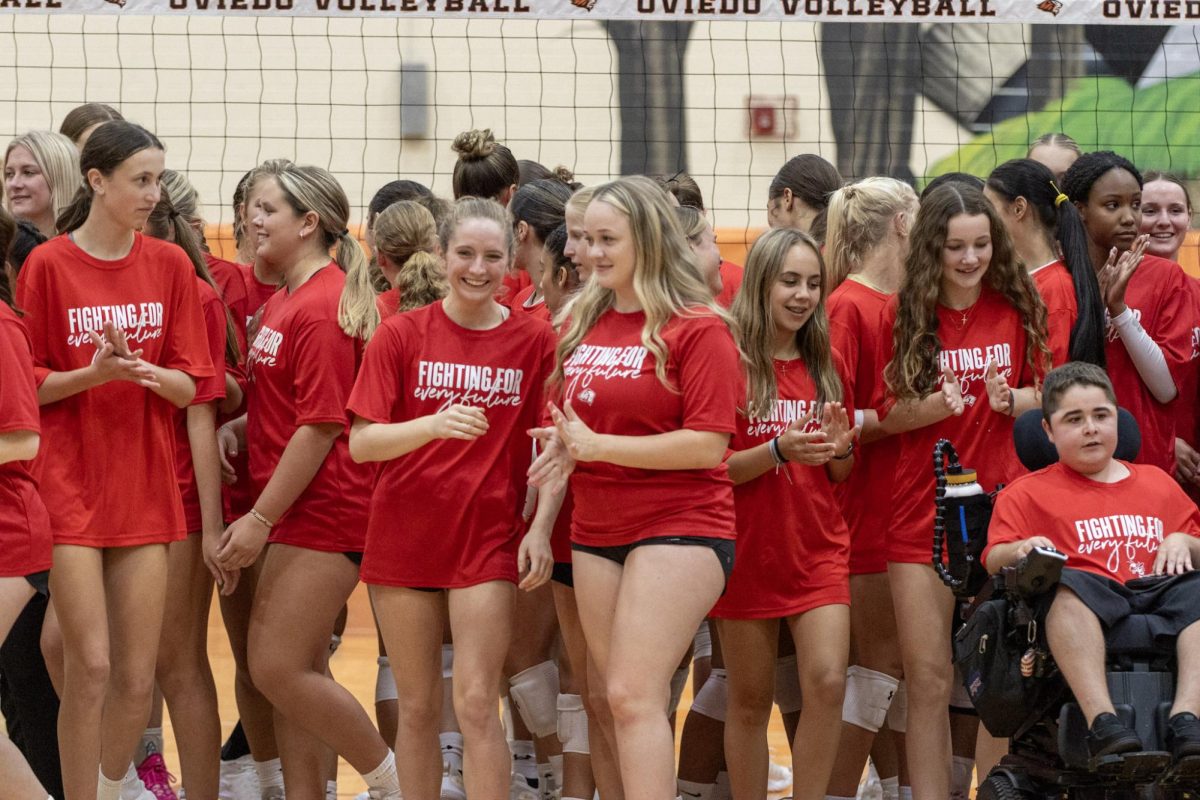

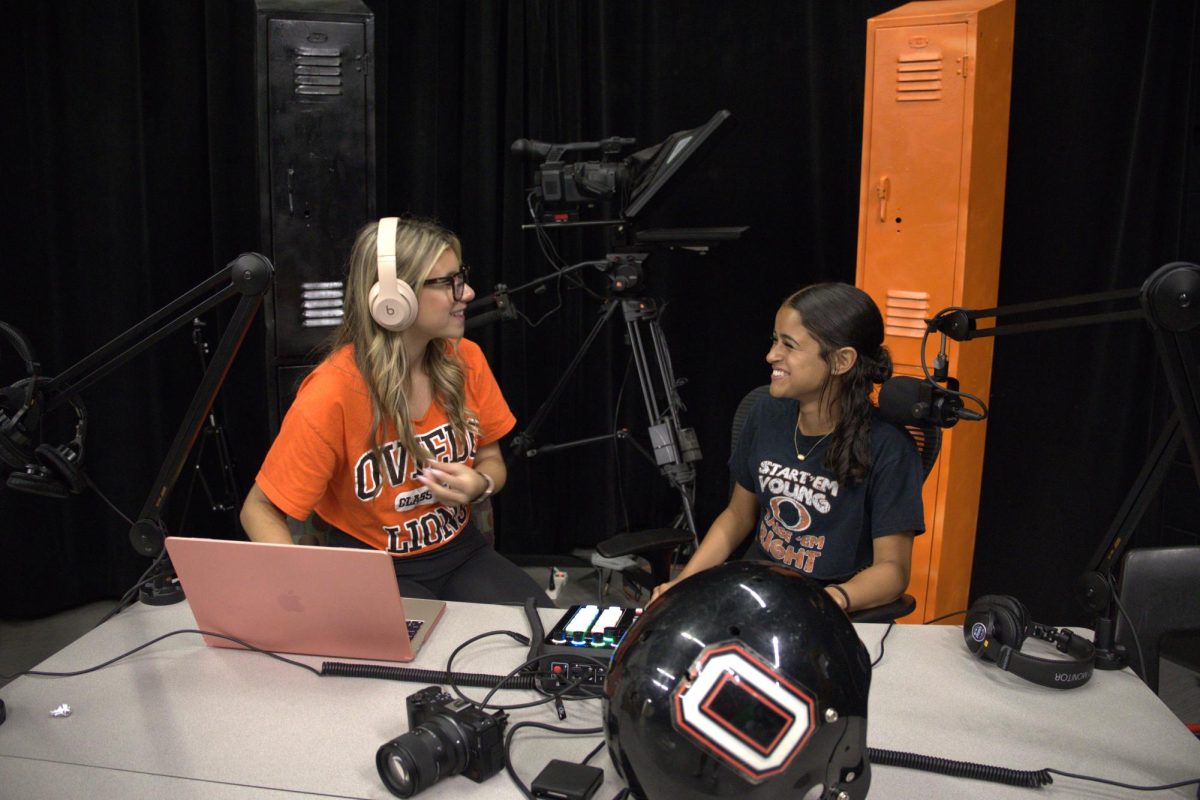
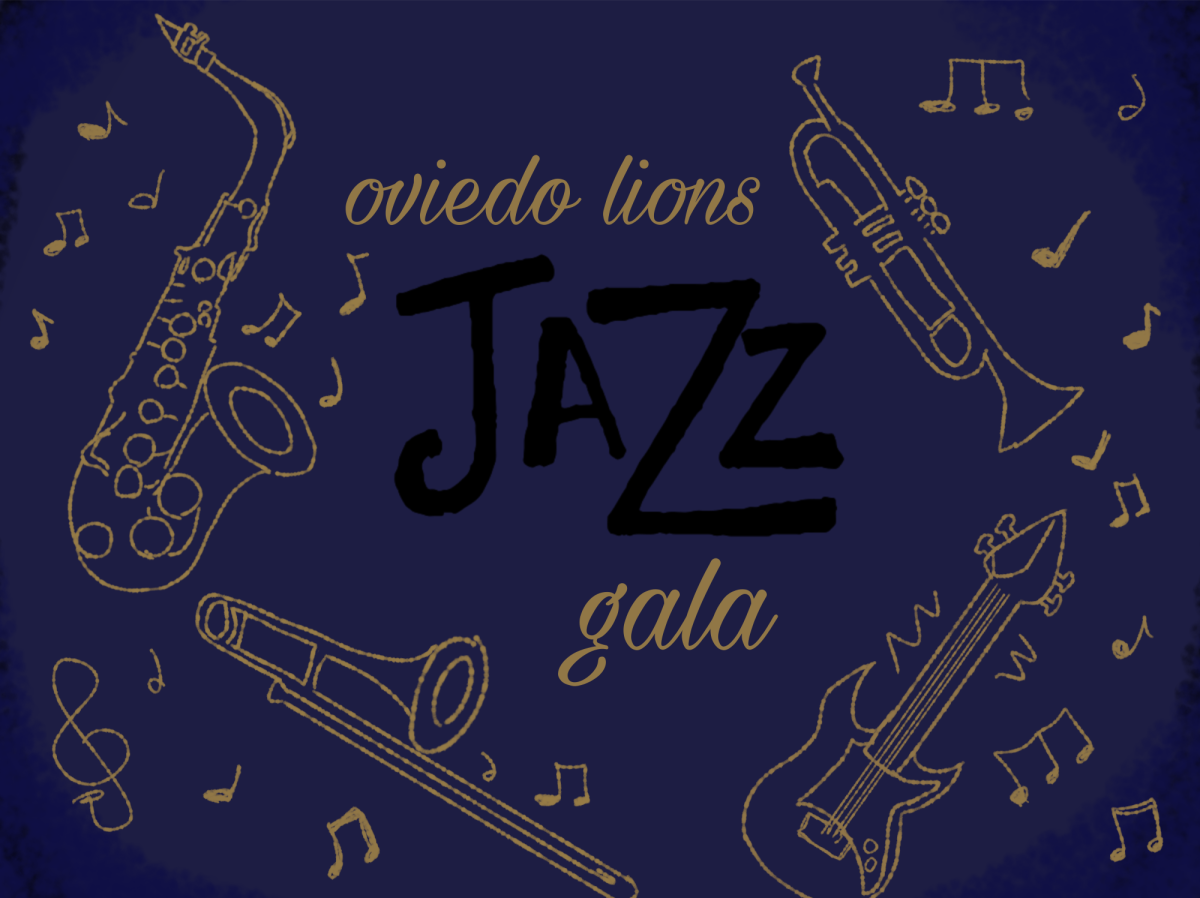
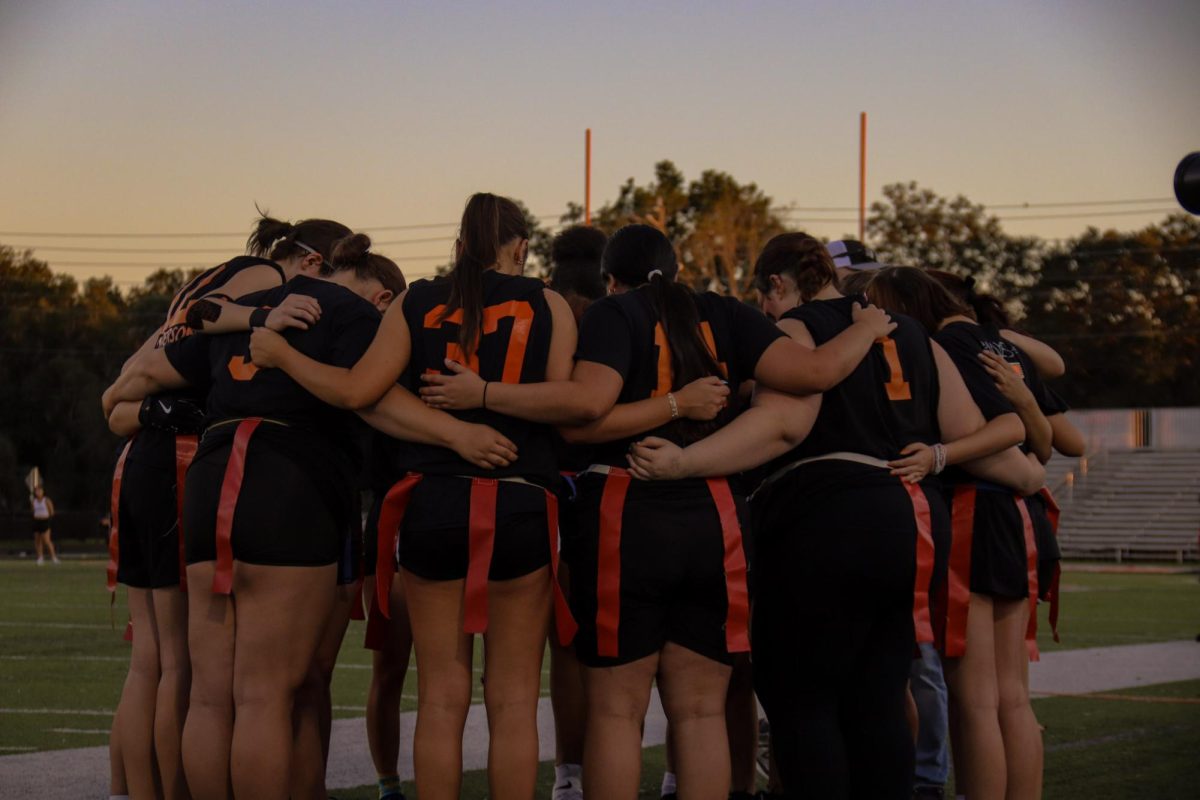
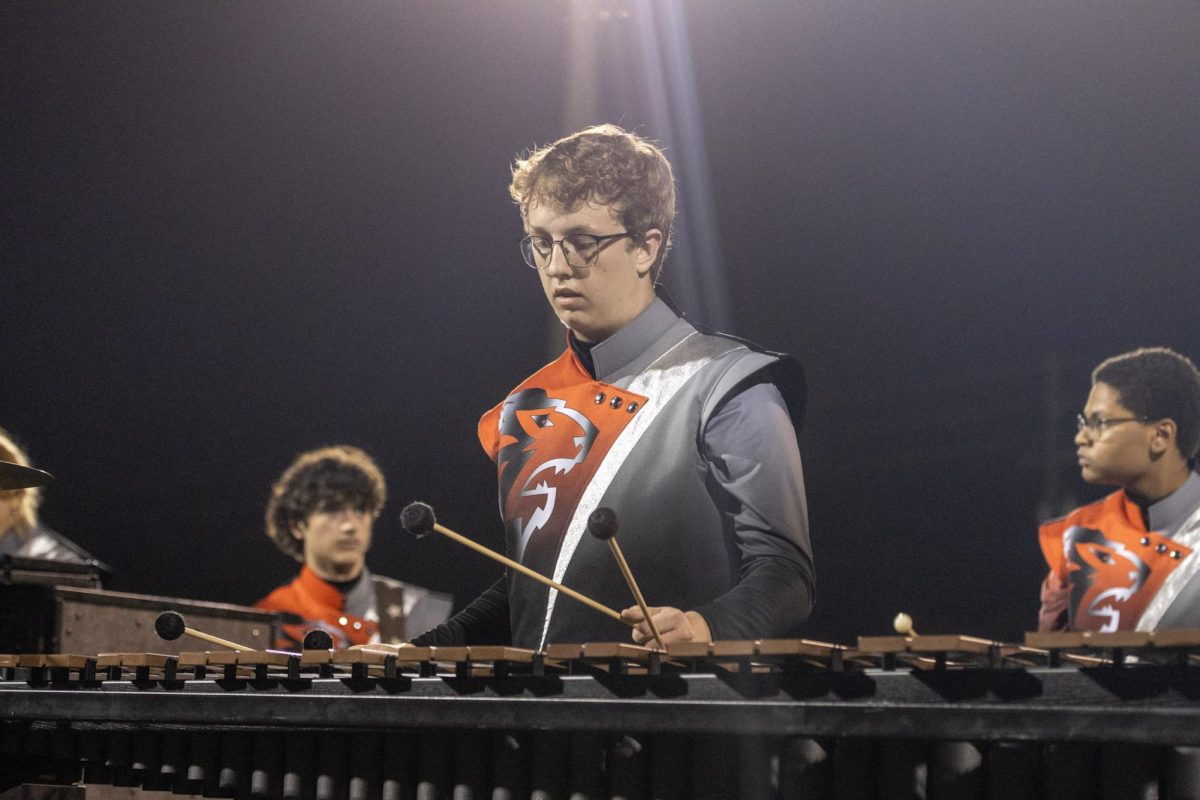
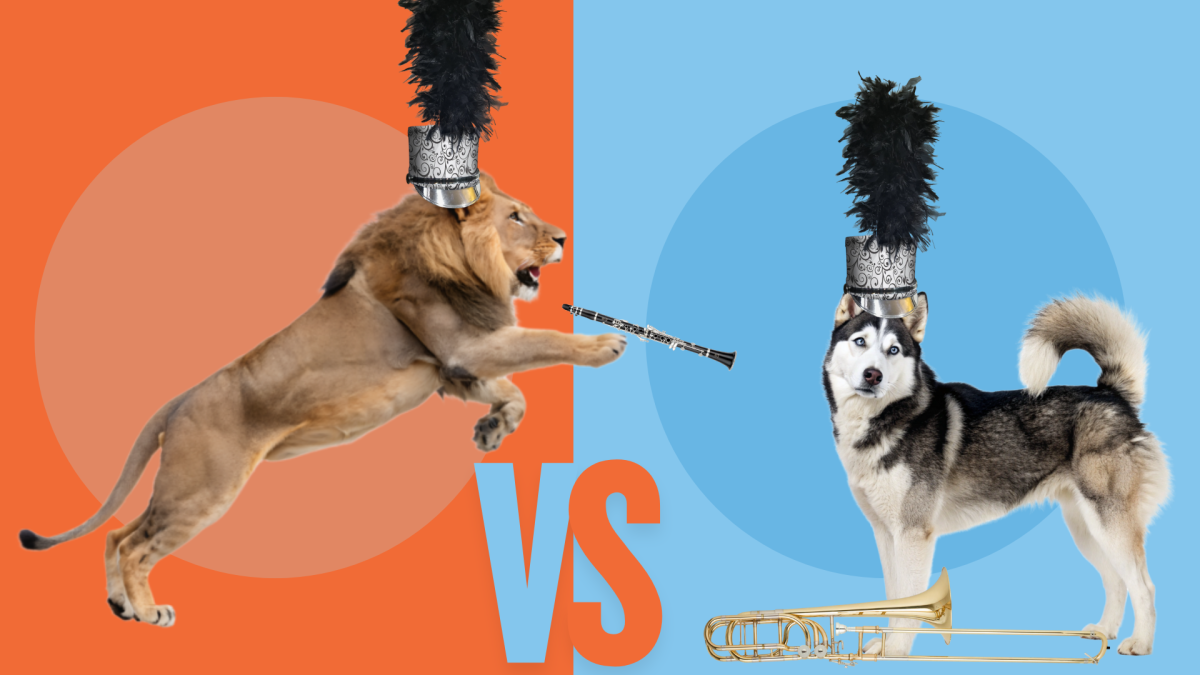

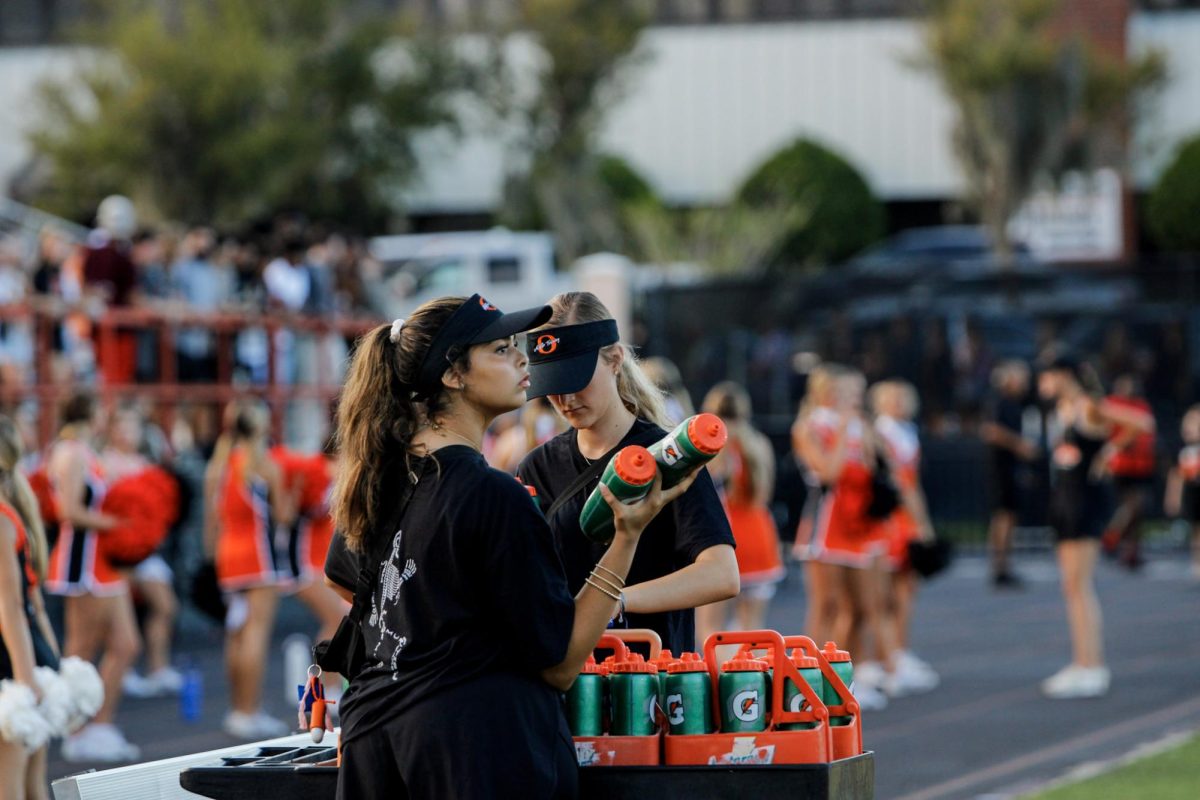
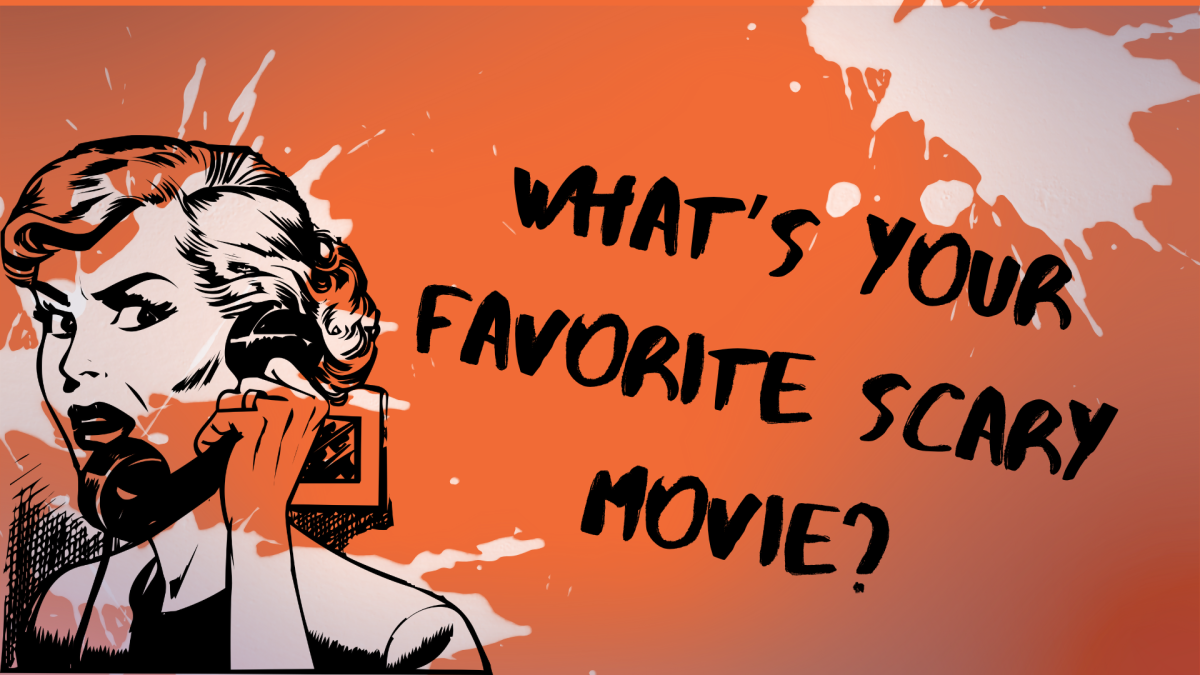

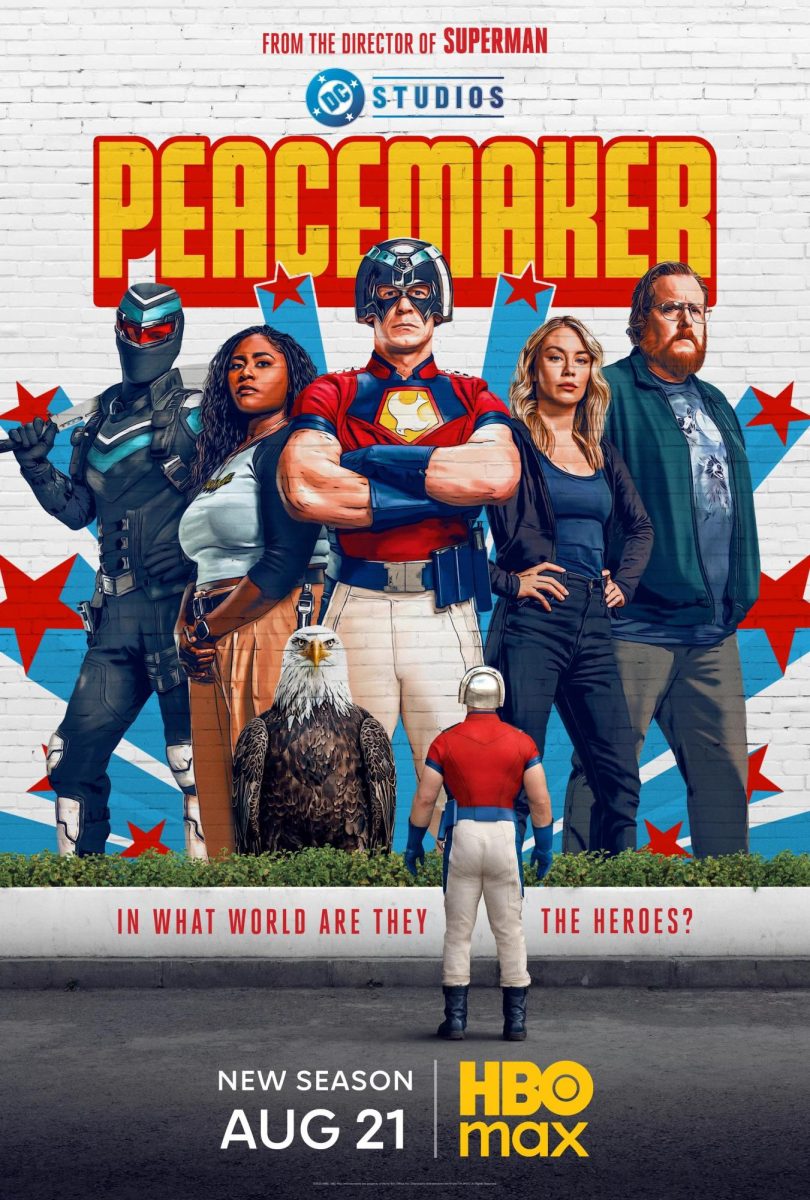
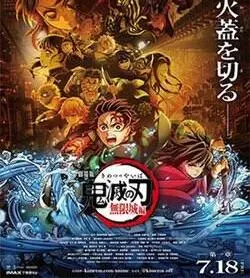
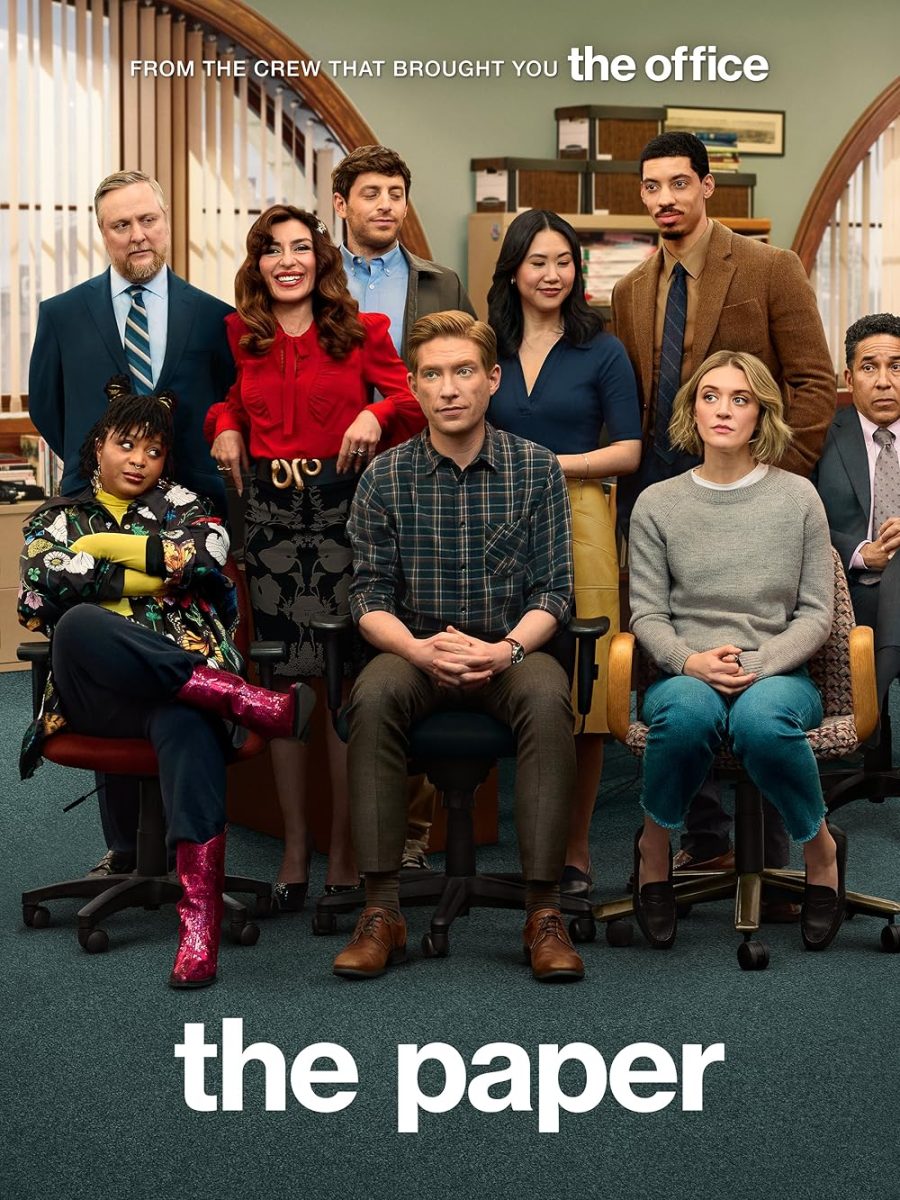
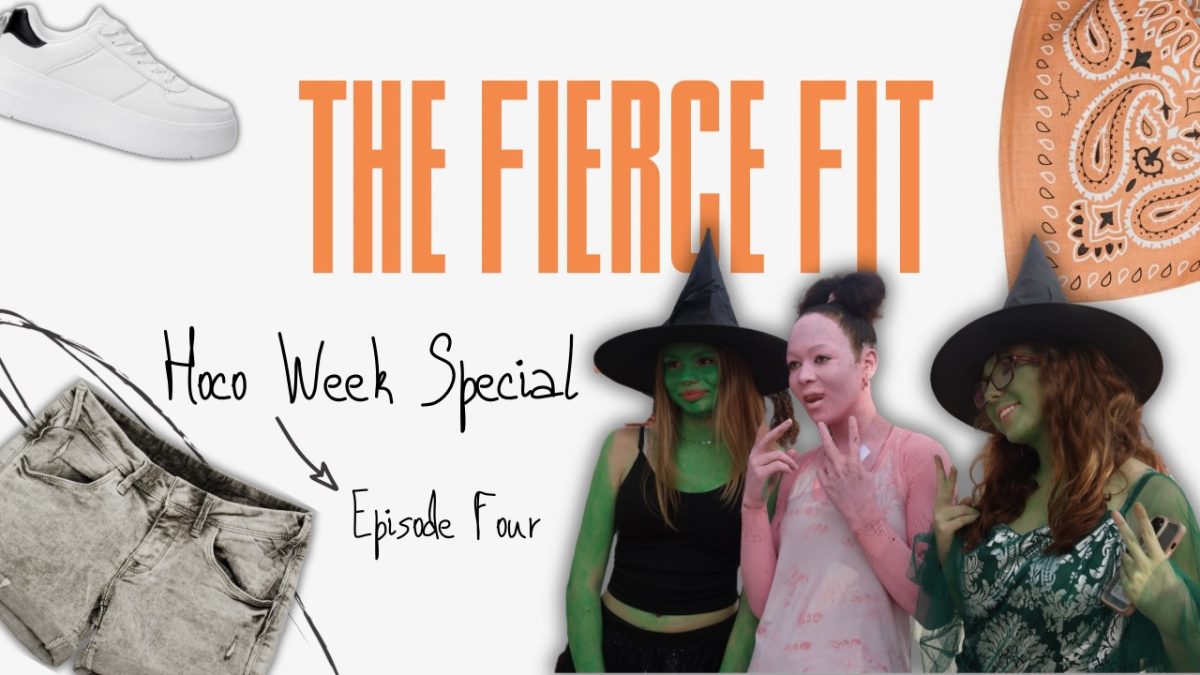
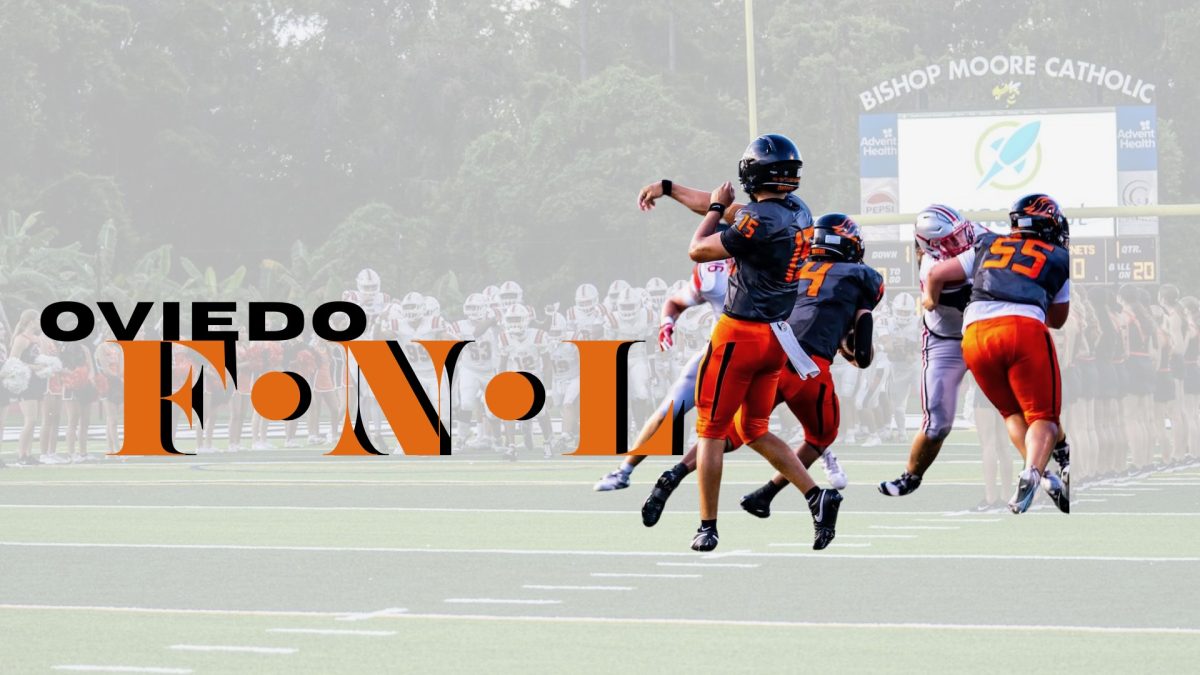


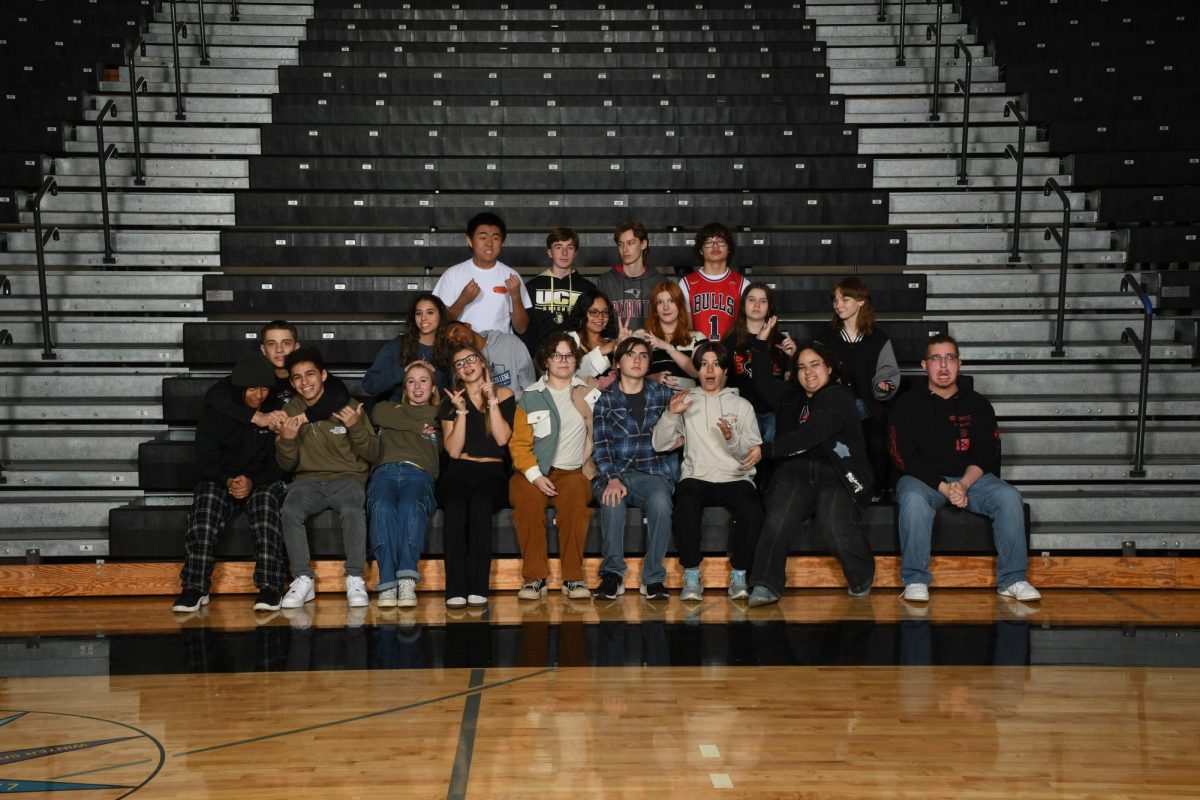
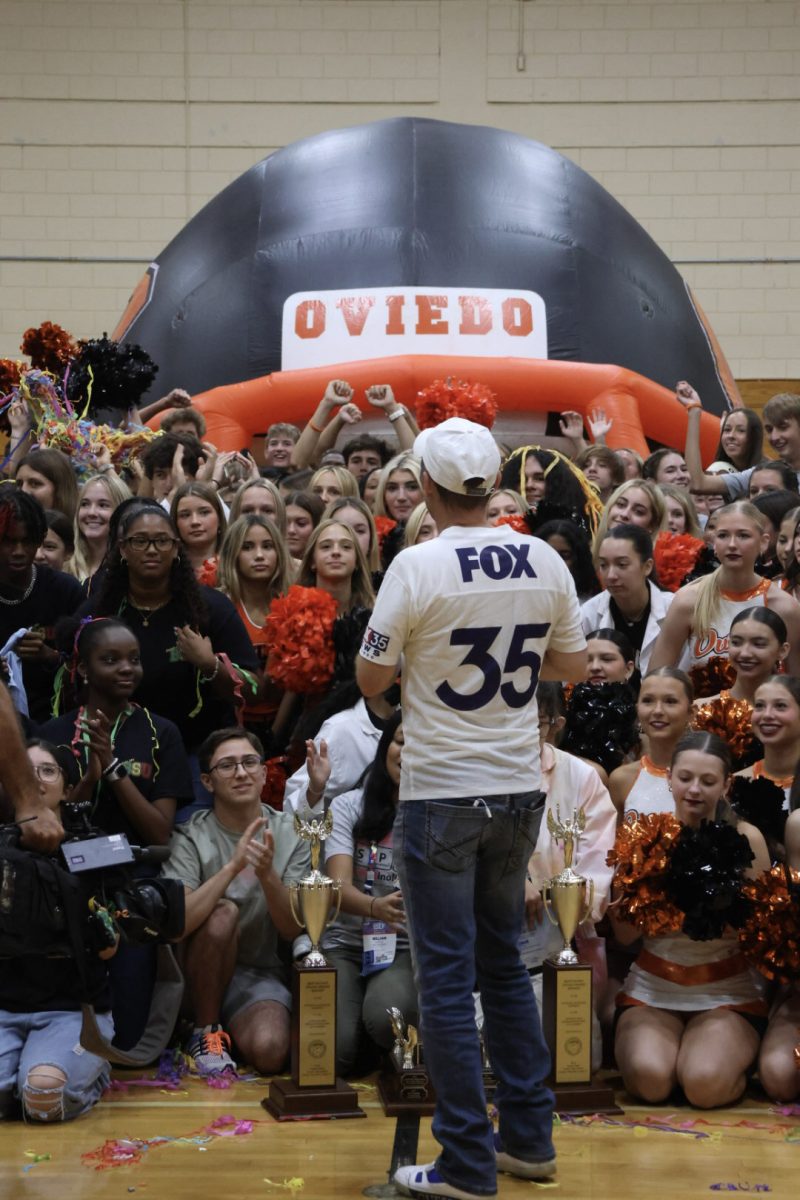
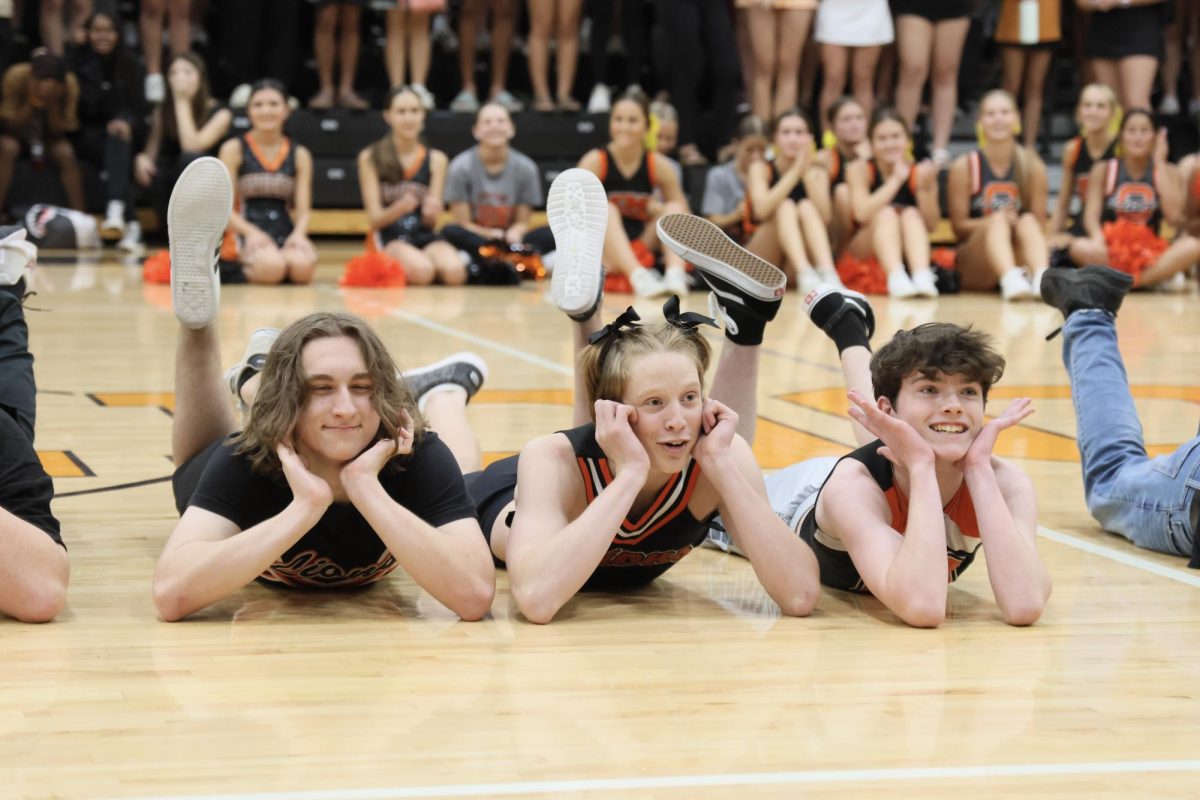


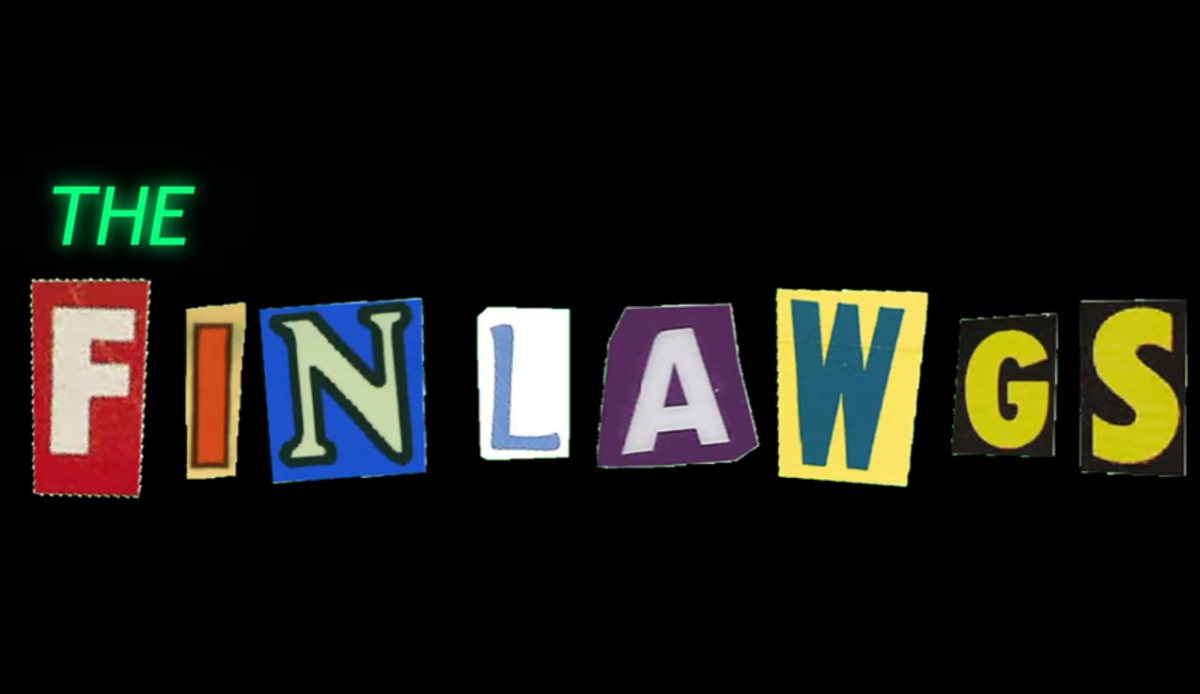

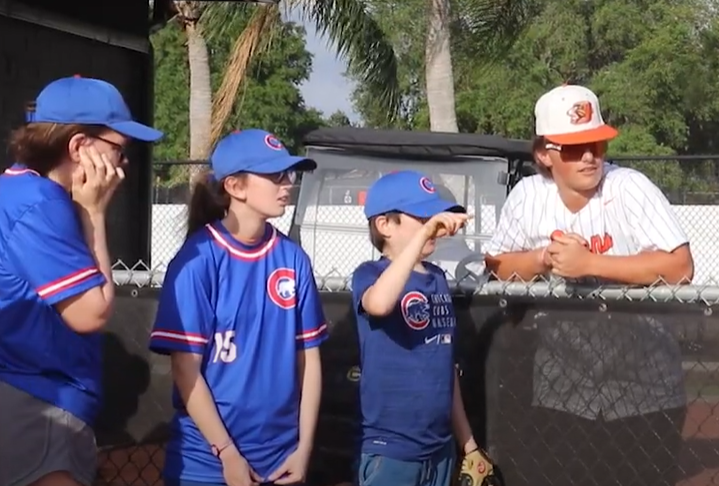





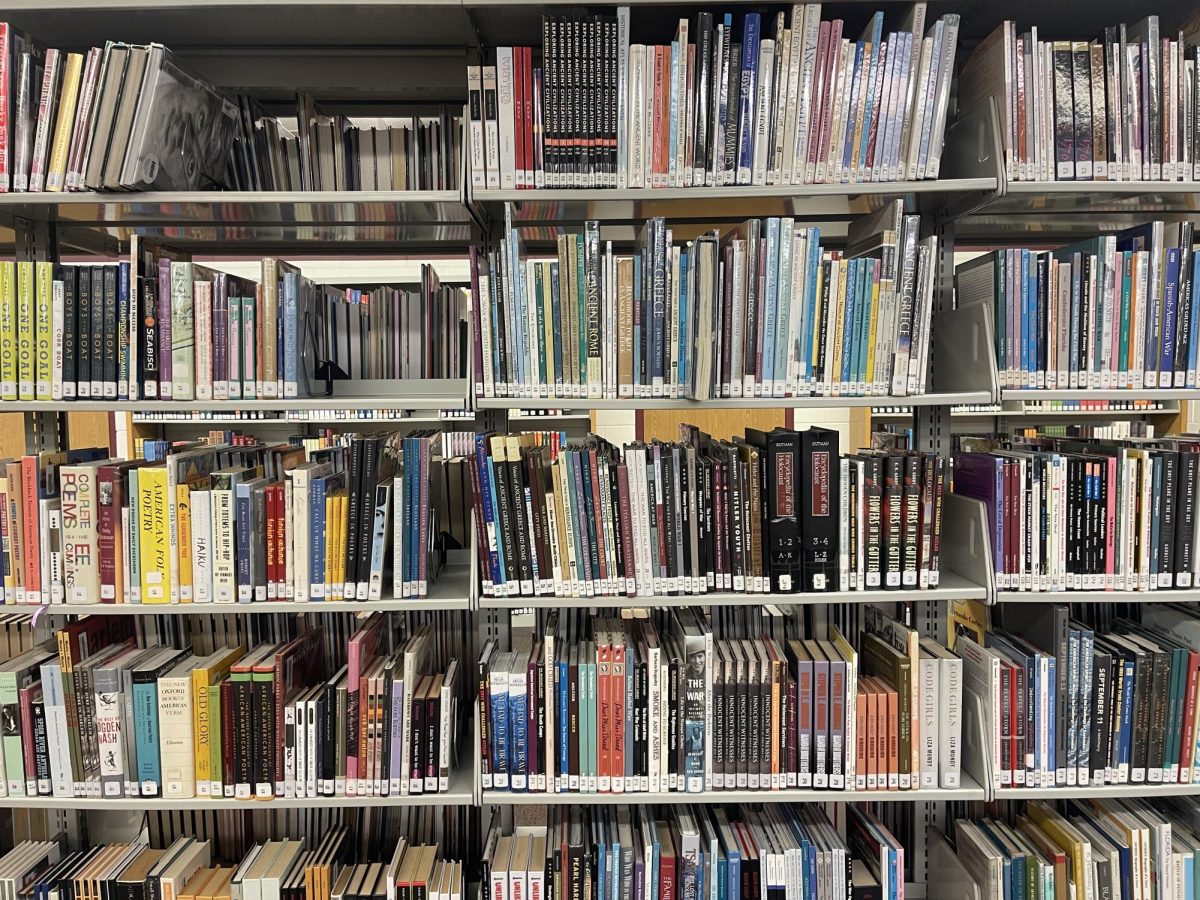






Emilia Gomez • May 11, 2024 at 10:13 PM
Honestly censorship in school has become a big issue. Especially for high school and middle school students. Book censorship in schools reminds me of the principal who got fired for allowing a lesson on the statue of David. These students weren’t shown anything they didn’t see in their ‘health video’ in 5th grade. This kind of censorship limits out education if anything.